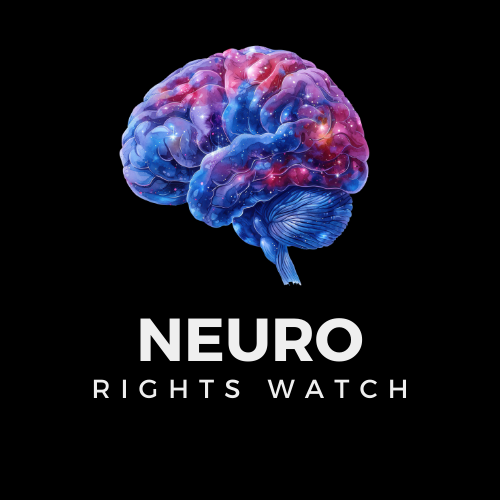
"They came first for the communists, and I did not speak out—because I was not a communist. Then they came for the socialists, and I did not speak out—because I was not a socialist. Then they came for the trade unionists, and I did not speak out—because I was not a trade unionist. Then they came for the Jews, and I did not speak out—because I was not a Jew. Then they came for me—and there was no one left to speak for me."
Mission:
At NeuroRights Watch, our mission is to expose and confront the unlawful, unconstitutional, and unethical use of neuro-technology by federal agencies across the United States. We are committed to shining a light on the covert and inhumane exploitation of advanced neuro-technologies, which are being employed without proper oversight, consent, or accountability. We stand for the victims whose rights have been stripped, and we aim to advocate for justice, transparency, and the ethical use of these powerful technologies.
- Prevention of Unethical Research and Torture: These technologies are being used in ways that violate the principles of ethical research. Forced experiments and aversive therapies that cause harm to innocent subjects are not only cruel but are also a clear breach of human rights.
- Protection of Human Rights: Every individual is entitled to dignity, consent, and the fundamental rights afforded to them by law. The use of neuro-technologies in secretive and non-consensual ways is a direct violation of these rights.
- Lack of Oversight and Accountability: Federal joint task forces are circumventing the Department of Justice, utilizing these technologies in isolation from legal and judicial review, allowing unethical and unlawful practices to persist unchecked. This lack of transparency puts every citizen at risk.
- Unlawful Use of Technology: Neuro-technology, when wielded improperly, becomes a weapon of control, abuse, and exploitation. Without adequate legal oversight, these tools are being used for purposes that amount to psychological and physical torture, particularly under the guise of "case studies".
- No Legal Recourse for Victims: Victims of these case studies have no means of defending themselves. They are stripped of their legal rights, and there is no mechanism for them to challenge the abuse they endure. These methods of collecting "evidence" are neither ethical nor legally sound.
- Call for Ethical Oversight: It is critical to establish ethical guidelines, strict oversight, and accountability for the use of neuro-technologies, ensuring that these tools are used responsibly, transparently, and in accordance with human rights standards. All evidence obtained through these technologies must be fully vetted, and the methods of collection must undergo rigorous review.
- Exposing Perpetrators of Abuse: It is crucial to bring to light the individuals, researchers, and institutions that are complicit in the abuse of neuro-technology. These people are fully aware of the hostile, invasive effects of these technologies on their subjects. They should be held accountable for their actions, forced to answer for their decisions to manipulate, torture, and control innocent individuals under the guise of research or law enforcement. These perpetrators must be exposed and brought to justice, ensuring that they can no longer operate without consequence or oversight.
Definition of Torture Under 18 U.S.C. §§ 2340–2340A:
For the purposes of this Convention, the term “torture” means any act by which severe pain or suffering, whether physical or mental, is intentionally inflicted on a person for such purposes as obtaining from him or a third person information or a confession, punishing him for an act he or a third person has committed or is suspected of having committed, or intimidating or coercing him or a third person, or for any reason based on discrimination of any kind, when such pain or suffering is inflicted by or at the instigation of or with the consent or acquiescence of a public official or other person acting in an official capacity. It does not include pain or suffering arising only from, inherent in or incidental to lawful sanctions.
The Senate attached the following understanding to its resolution of advice and consent to ratification of the CAT:
The United States understands that, in order to constitute torture, an act must be specifically intended to inflict severe physical or mental pain or suffering and that mental pain or suffering refers to prolonged mental harm caused by or resulting from (1) the intentional infliction or threatened infliction of severe physical pain or suffering; (2) the administration or application, or threatened administration or application, of mind altering substances or other procedures calculated to disrupt profoundly the senses or the personality; (3) the threat of imminent death; or (4) the threat that another person will imminently be subjected to death, severe physical pain or suffering, or the administration or application of mind altering substances or other procedures calculated to disrupt profoundly the senses or personality.